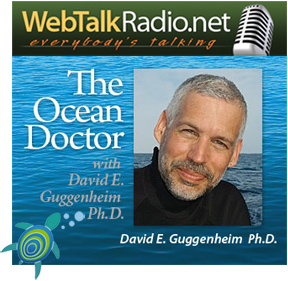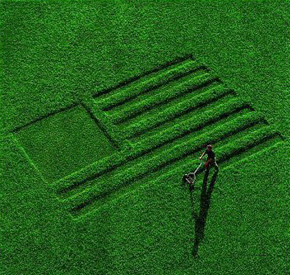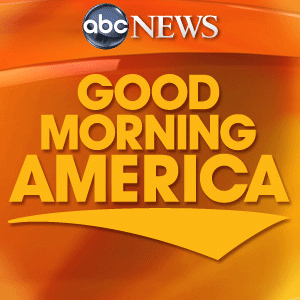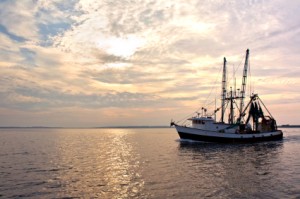You’re a Submarine Pilot!
 June 28, 2010: The Ocean Doctor kicks off by taking you on the series? first weekly field trip aboard the? one-person submersible, the DeepWorker, on a dive to 2,000 feet, to the bottom of Alaska’s Bering Sea.? Our guest is Jeff Heaton, sub pilot and operations manager at Nuytco, Ltd. in Vancouver where these incredible subs are manufactured.? Also: The Gulf of Mexico — What you can do.
June 28, 2010: The Ocean Doctor kicks off by taking you on the series? first weekly field trip aboard the? one-person submersible, the DeepWorker, on a dive to 2,000 feet, to the bottom of Alaska’s Bering Sea.? Our guest is Jeff Heaton, sub pilot and operations manager at Nuytco, Ltd. in Vancouver where these incredible subs are manufactured.? Also: The Gulf of Mexico — What you can do.
The Ocean Doctor airs weekly on WebTalkRadio.net. Want to listen on your iPod, iPhone or mp3 player? Download the mp3 file or subscribe on iTunes and don’t miss a single episode. See the complete list of episodes.
Submit a question and I’ll try to answer it on the air. Even better, record your question or comment on our special message line and I might play it on the air. Call: (805) 619-9194. You can also leave questions and comments for this episode below.
Like the show? Learn how to become a sponsor.
Podcast: Play in new window | Download




